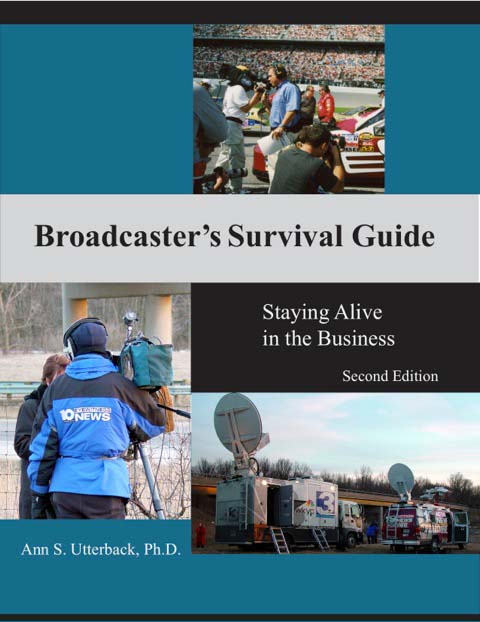|
VOCAL HEALTH Do You Get Enough Sleep? 5 Tips To Help You Relax And Refresh March 12, 2014  By Ann S. Utterback, Ph.D. Voice Specialist By Ann S. Utterback, Ph.D. Voice Specialist Author, Broadcaster's Survival Guide A client told me the other day that she is going to be working two different shifts for a month. Sheíll work 3 to 11 a few days and then switch to 8 to 5 and then back again. This is a common situation for broadcasters, and voice actors are often working later than they'd like, too. So I thought it would be a good time to look at the new research on sleep. 'INTOXICATED - WITHOUT THE BUZZ' The bottom line on the new research is that scientists are finding lack of sleep has an immediate effect on the brain. We all know if you donít get enough sleep you feel a little fuzzy all day, but it goes deeper than that. According to Neurology Now magazine (2/14), "Sleep deprivation hinders learning, impairs cognitive performance, and slows reaction time Ė like being intoxicated but without the buzz.Ē Scientists are even finding a connection between sleep deprivation and Alzheimerís disease. It seems that without enough sleep (at least 7 hours a night) the brain canít rid itself of the accumulation of waste products that build up when the brain is awake and working. I often explain it like this: If your office had a cleaning crew that came in every night for 8 hours, it would stay pretty clean. If the crew started cutting their hours in half, junk would begin to pile up in your office. After several months of this, the junk would impede your work. Thatís similar to what happens in the brain. Lack of sleep doesnít allow the brain to refresh itself. WHAT TO DO? 5 TIPS ... So what do you do if you have to work overnights or different shifts? Here are the 5 things I recommend: 1 Aim for at least 7 hours of sleep when you do sleep.-------------------------------------------  ABOUT ANN ABOUT ANNAnn
S. Utterback, Ph.D., is a voice specialist with more than 40 years
experience and has helped hundreds of people make the most of their
voices, working with broadcasters, voice over artists and podcasters
around the world. An author of eight books and over 50 articles on
voice, her Broadcaster's Survival Guide
e-book offers more tips on dealing with holiday stress, plus advice on
how to improve your voice over performance by making simple lifestyle
changes.
Web: http://OnlineVoiceCoaching.comClick for: Broadcaster's Survival Guide |
Tell Us What YOU Think!
Please Note: Since we check for spam, there will be a slight delay in the actual posting of your comment.
Comments
No comments have been posted yet. Hurry, and you could be the first!



.png)






click for new article alerts